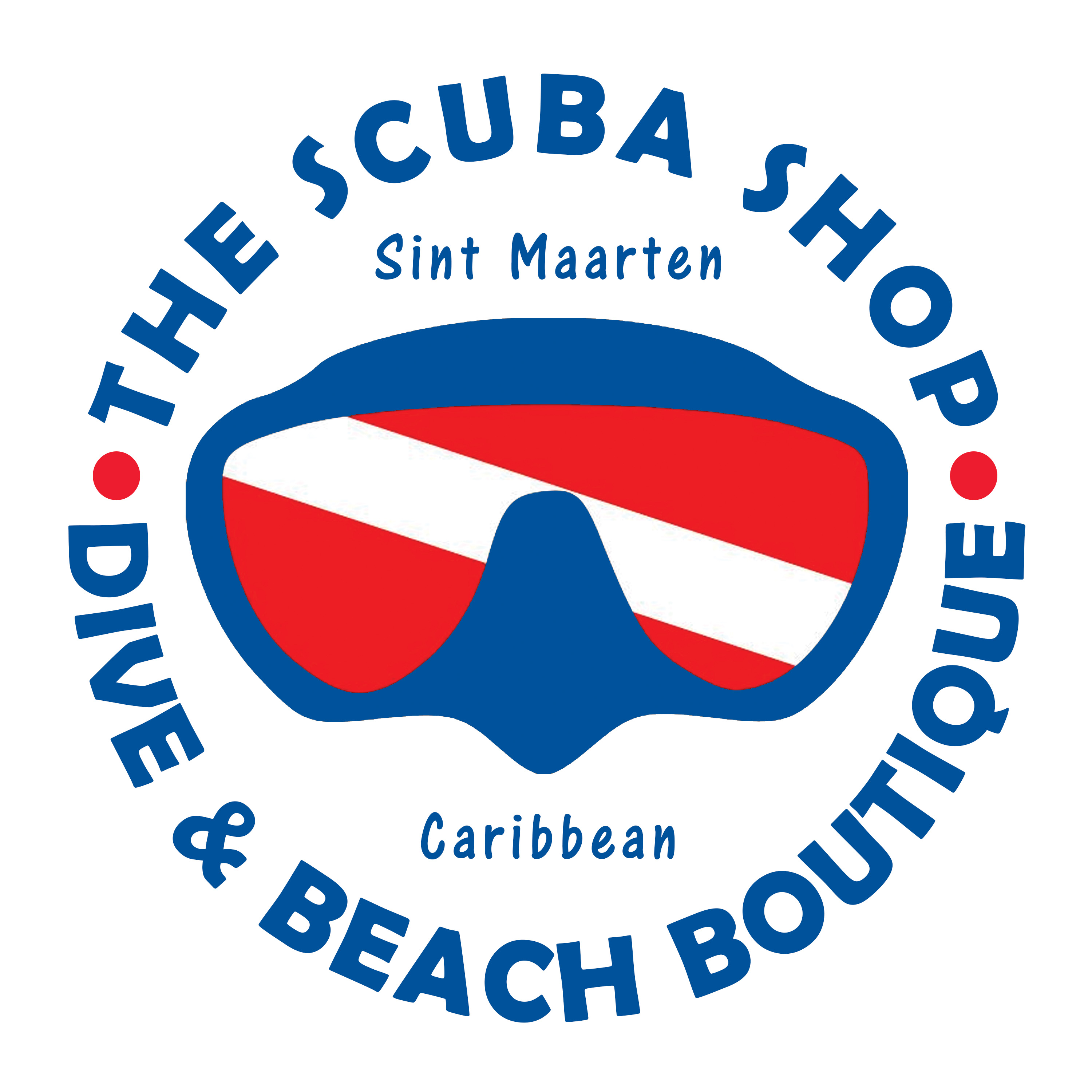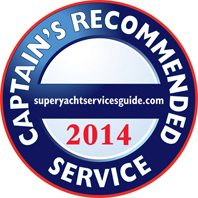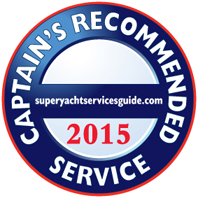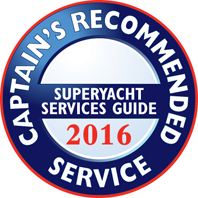The Regulator
Going into the specifications that distinguish
the two basic differences between
regulators is quite a technical story. So we’ll keep it simple here:
there are Un-Balanced and Balanced
Regulators.
Un-Balanced Regulators
are usually very durable and easy to
maintain and service (by an authorized service centre). This is a
great regulator for dive centres; however, with a few exceptions,
they should only be used when diving to a
max depth of 60ft with nice easy profile dive conditions.
Balanced
Regulators, which come
in several balancing techniques, make breathing underwater very
light and easy – giving you all the air you demand when you demand
it, like swimming against a current or at greater depths. They are
also great for cold and/or dirty water
diving.
When choosing a regulator you also want to consider the following:
Number of Ports - how
many low and high pressure ports do you need
Weight - do you prefer a light
weight, luggage friendly Regulator
Anti Dry Mouth - do you want one that has the anti dry
mouth feature
Adjustable Air Flow - do you want to be able to adjust the inhalation effort
during your dive
Pre-Dive Setting - do you need a
Regulator that has a pre-dive/ dive setting
Exhaust Size - do you want a model that keeps the bubbles out of your face
Small Mouth - do you need
one that fits a small mouth.
There are even Regulators that “have it
all”!
Our sales staff can work with you
to make sure that you get the features that are important to
you.
[top]
The Buoyancy Compensating Device (BCD)
Within the range of BCDs available on today’s market, most models have
integrated weight pockets so you don’t have to wear a weight belt around
your waist. Instead of the hard weights you put soft weights in the
integrated pockets – making diving much more comfortable. Only the basic
BCD models, often used by dive centres, do not have integrated weights.
Some BCDs also have little balancing weight pockets on the back, next to
the tank, for a more comfortable position underwater.
When buying a BCD you want to consider what type of air cell you prefer.
Jacket Style BCDs
- have the air wrapped around you, ideal for beginner to
intermediate divers as they have great vertical stability at the surface.
These BCD’s also have big pockets for storage.
Back Inflation BCDs
- have
the air in ‘wings’ around the tank, leaving the chest
streamlined, giving a better horizontal position under water; however
this same feature can push your face forward into the water on the
surface, therefore these BCD’s are considered
ideal for intermediate to advanced divers.
Other things to consider when
buying a BCD are:
Integrated Octopus
- you can replace the standard BCD inflator mechanism on your
BCD with one that is both and Octopus and a BCD inflator, like the
Scubapro Air2 or the AquaLung Airsource. The advantage of doing this
is that you can streamline your Regulator set-up which is great for
wreck and cave diving.
Accessory Attachment Points -
how many D-rings you need to attach accessories
such as Fish ID cards, safety sausages, dive lights et cetera,
whether you want these in plastic or stainless steel and
whether you need grommets to attach your dive knife to your BCD.
Lift - it is important that you choose a BCD
with the correct amount of lifting capability for your most common
dive scenario.
At The Scuba Shop we stock BCDs for children, ergonomically shaped BCDs specifically
for women (ever so comfortable) and extra, extra big BCD’s for those
with a little extra padding.
In our shop you not only get to
touch and feel the BCD’s, but you get to try on all the different
models.
[top]
For Instruments
click here to browse our
Buying Tips for Dive
Computers
Click here for
Maintenance and Cleaning Tips




